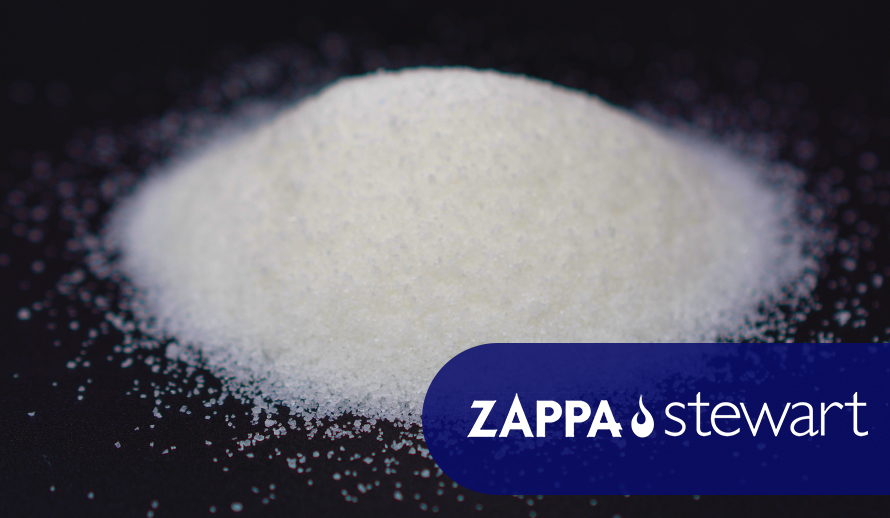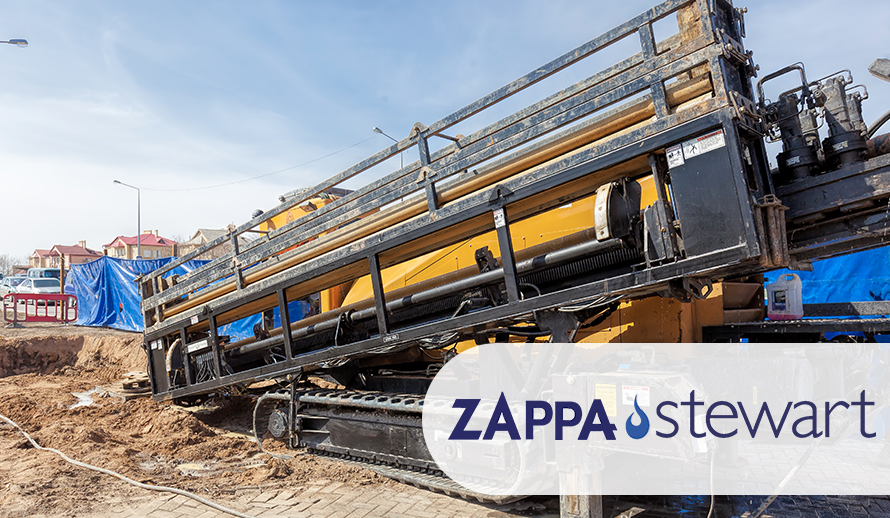Superabsorbent polymer (SAP) technology has a wide range of uses in a multitude of industrial, consumer, and specialty markets. The average consumer encounters SAPs on a daily basis, often without realizing their presence. SAPs are used in baby diapers, absorbent pads for food packaging, in hot/cold gel packs, feminine hygiene products, cat litter and more. SAPs also play a role in solidifying and rendering liquids generated by medical procedures as non-"red bag waste." In addition to the consumer goods and medical markets, SAPs are compatible with a long list of construction and industrial process wastes.
Topics: Medical Waste Solidification, Liquid Waste Management, superabsorbent polymers, Wastewater Treatment Sludge, HDD Solidication
HDD technology has changed the landscape for the pipeline and utility infrastructure sectors, quite literally. Pipelines can now be installed under waterways, utilities can be installed without open cutting of highways and wetlands, and residential service connections can be installed without digging up lawns and driveways. But as with any technological innovation, HDD technology comes with its own set of new challenges. The large volumes of spent drilling mud, that are generated by HDD borings, require careful management, to prevent unnecessary costs and environmental risks. A rapidly increasing number of HDD contractors and owners choose to solidify spent drilling fluid on-site, with superabsorbent polymers (SAPs), to eliminate excessive waste hauling, disposal charges, and environmental liabilities.
Topics: Horizontal Drilling, Waste Solidification, Environmental Remediation, HDD Solidication




